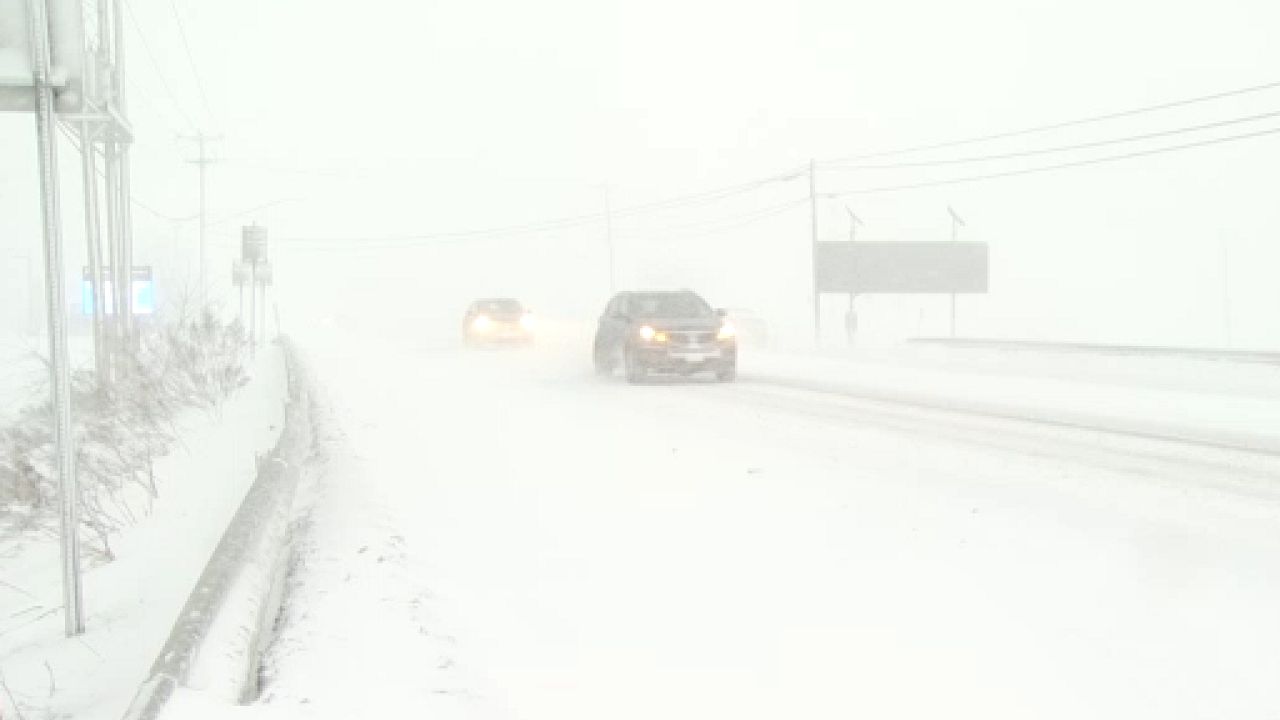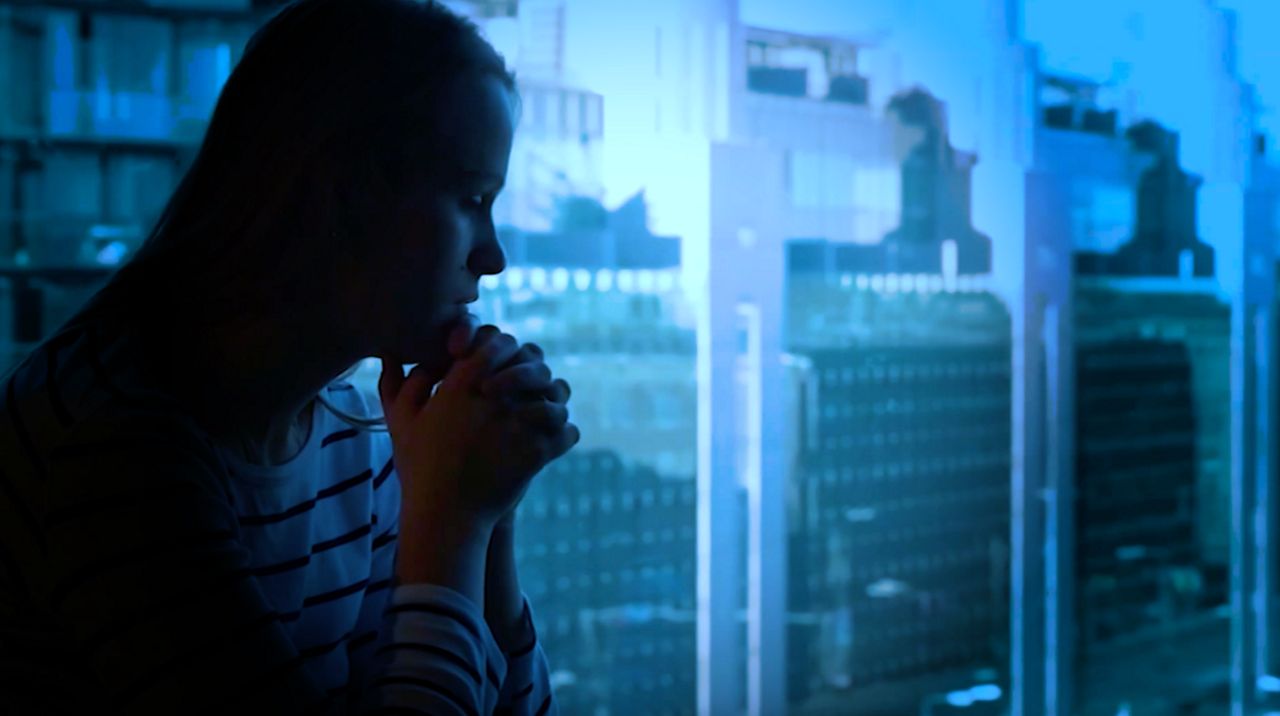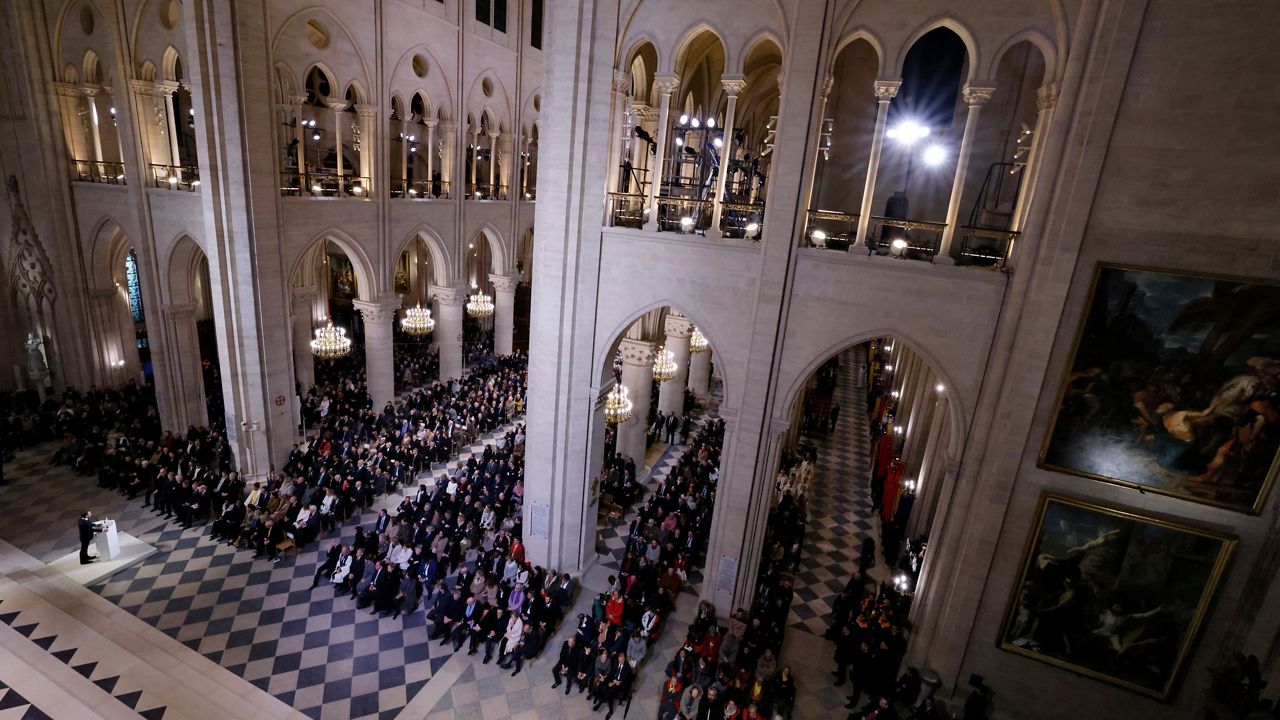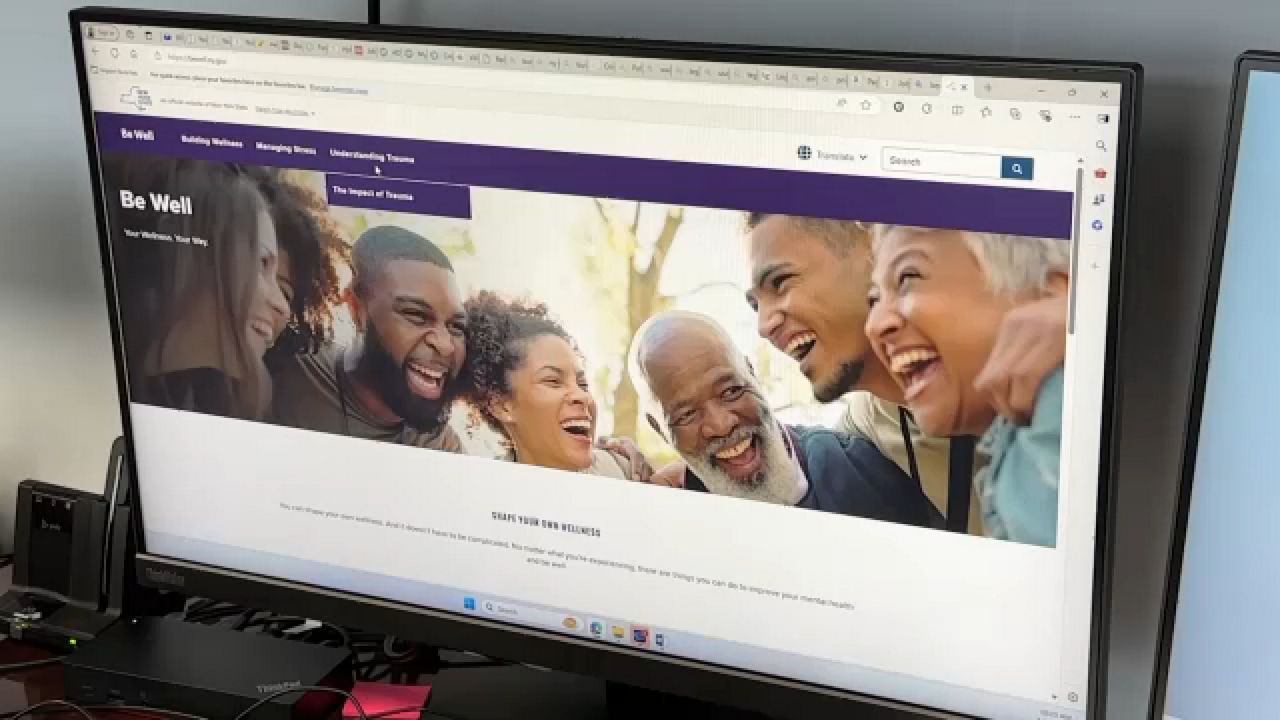As a bipartisan deal on the national level to enhance border security remains in limbo, so does funding to help Ukraine in its battle against Russia's invasion. Both issues are tied up in the same deal.
Republicans initially said they would approve aid if they had a deal on the border. Now, as Ukraine heads toward two years since the start of the war, two Ukrainian-born urologists at Upstate Medical University traveled overseas to support their country by performing reconstructive surgery on injured soldiers.
They recently discussed their experience in Central New York.
What You Need To Know
- SUNY Upstate Medical University went on a surgical mission in Ukraine in early December
- The two-year anniversary of Russia's invasion of Ukraine is Feb. 24
- The doctors are holding a Feb. 24th auction to bring new surgery equipment to Ukraine to help injured soldiers
“Ukrainian soldiers not only needed help, but Ukrainian neurologists needed help, as there was very little known in how to handle some of these injuries," said Dr. Gennady Bratslavsky, the chair of Department of Urology at SUNY Upstate Medical University.
A meeting last May led Bratslavsky and Dr. Dmitriy Nikolavsky to take the trip to Ukraine.
“Originally, having a call from my friend and he asked me if we would be able to host a couple of urologists from the Ukraine Military Hospital in our institution," he said. "We learned that much of their interest was in reconstruction.”
“Then, I received a call that I kind of was hoping to receive all this time," said Nikolavsky, director of reconstructive urology at SUNY Upstate Medical University. "It was a call from Doctor Bratslavsky and he said, 'join Zoom conference now.' They had a huge list of patients that needed help. I was kind of relieved, not happy, but I was relieved to know that we may be needed."
Two urologists from Ukarine had come to upstate in August. They learned under Bratslavsky and Nikolavsky for a month. Afterwards, they returned to Ukraine, talking to them about cases every day.
“One thing after another, and we planned our trip in December to do some cases that maybe it's a little too early for them to do on their own," explained Nikolavsky.
Several soldiers had severe injuries in their groin and abdomen areas. The urologists flew to Poland and met with two urologists from Mexico and Poland. Then the group took an 18-hour train ride to Ukraine.
“It was a bit of a leery feeling," said Bratslavsky. "You understand that you are not 100% safe."
“The anxiety completely disappeared the moment we stepped from the train and we saw how the local doctors who greeted us, how they reacted to everything," Nikolavsky said.
They operated on 13 soldiers in four days.
“We created a very specific plan, which surgeries will be done for each patient," said Nikolavsky. "We kind of programmed ourselves so the next day we started it was just like going according to the script.”
“It was emotionally challenging to be in a place with curfew, to be operating hearing the air sirens, but at the same time, most rewarding," said Bratslavsky.
“Finally, I can help the best way I can," Nikolavsky said. "Not just with money, not just with giving lectures, but actually with my hands."
It was Nikolavsky’s first time returning home since the war started, and Bratlavsky’s second. Bratlavsky went previously to help first responders through his Ukraine 1991 Foundation.
They’re already planning to return next summer.
“This was special, this was different," said Nikolavsky. "Giving back is probably one of the greatest gifts of life," Bratslavsky said.
You can learn more about the Ukraine 1991 Foundation from its website.








